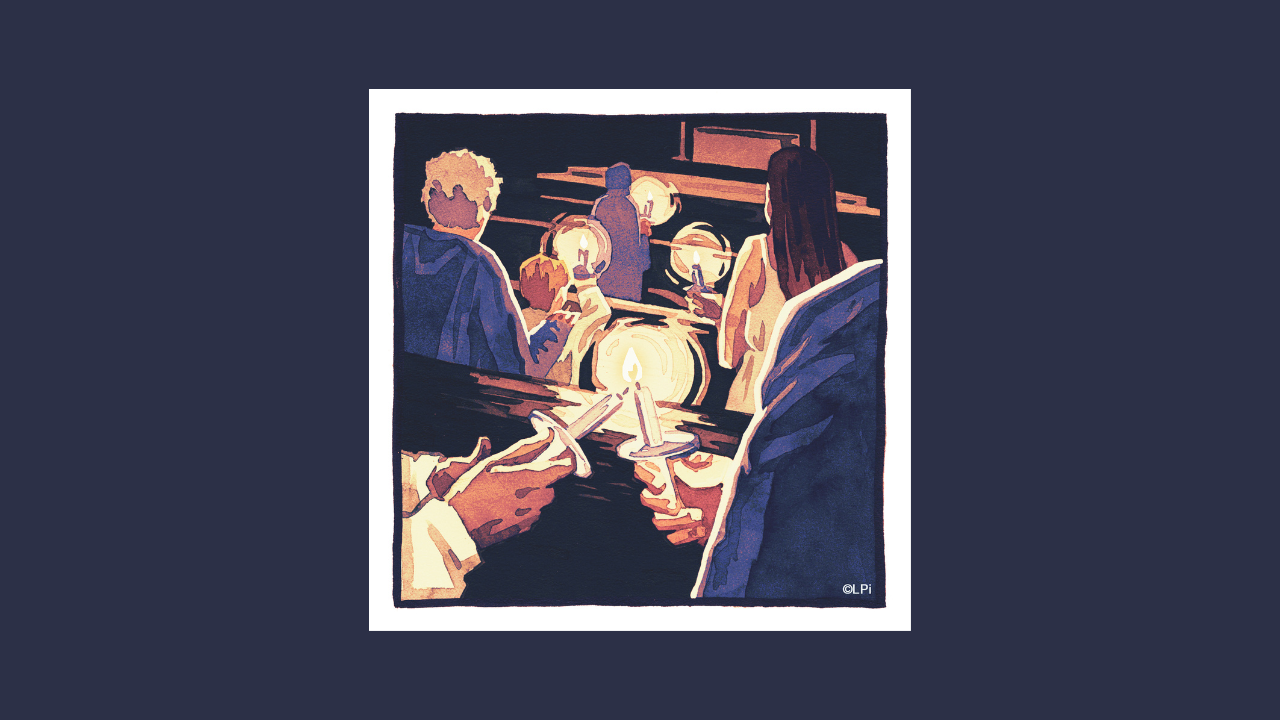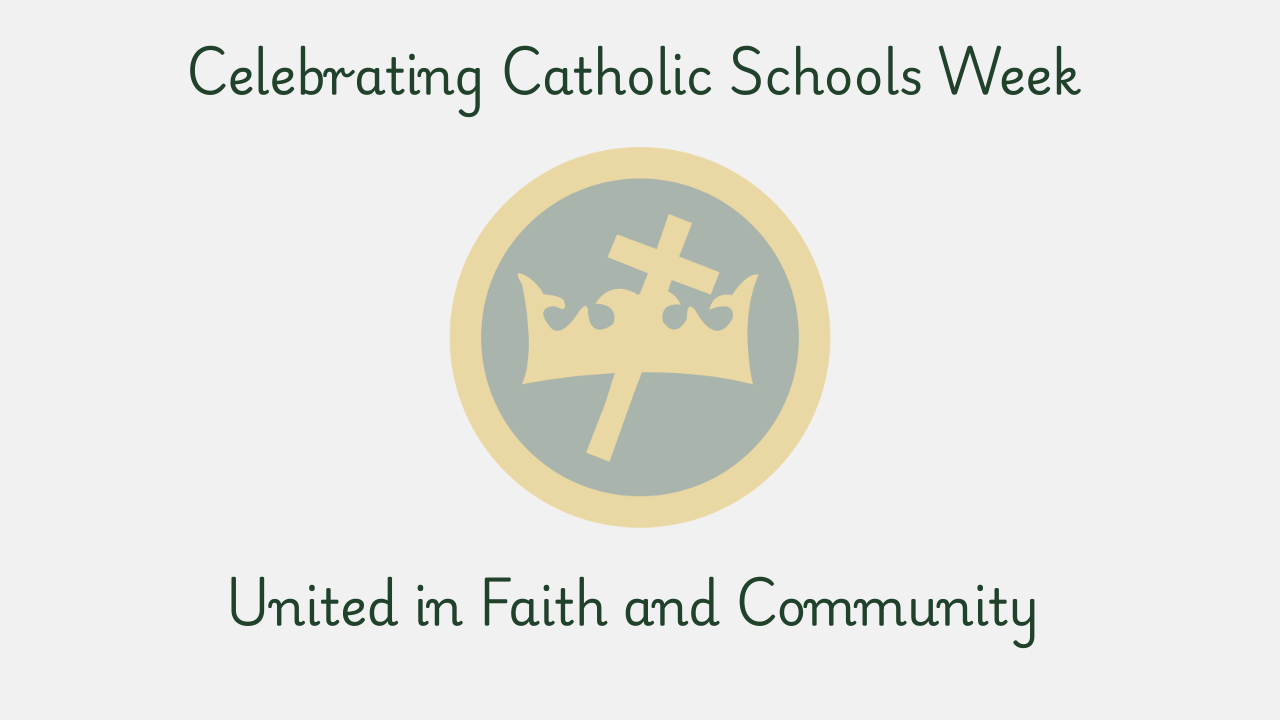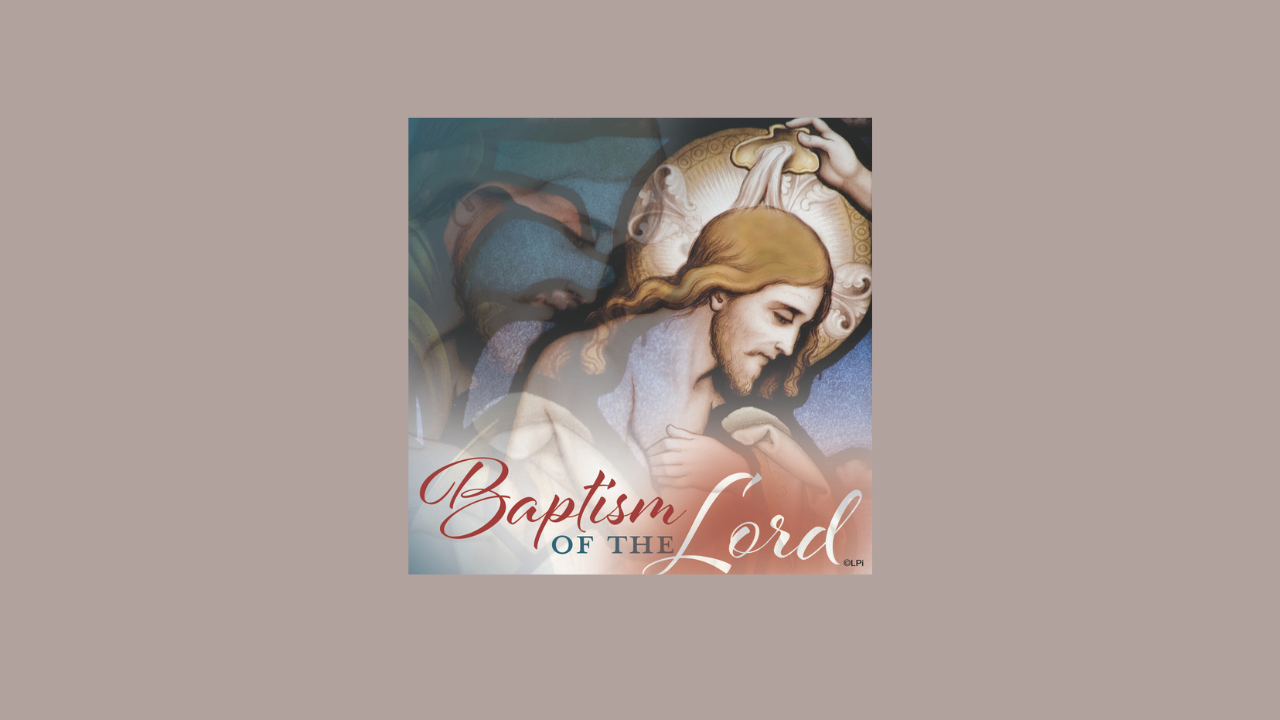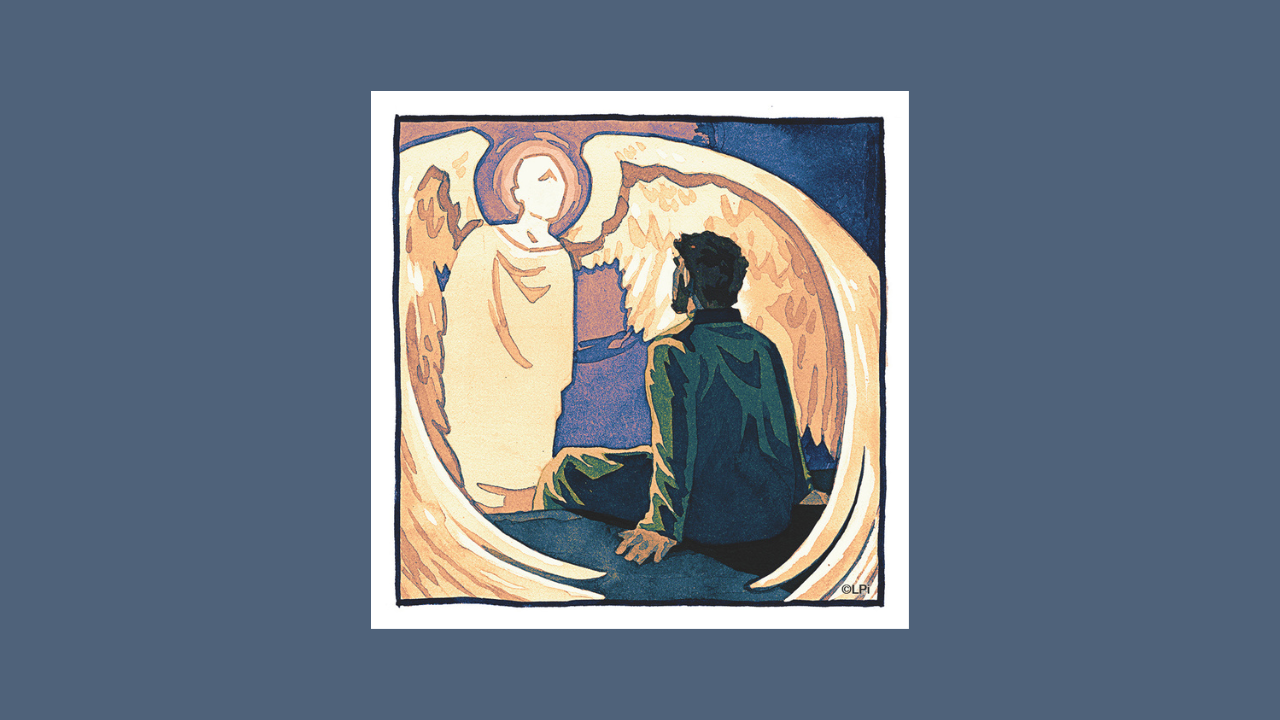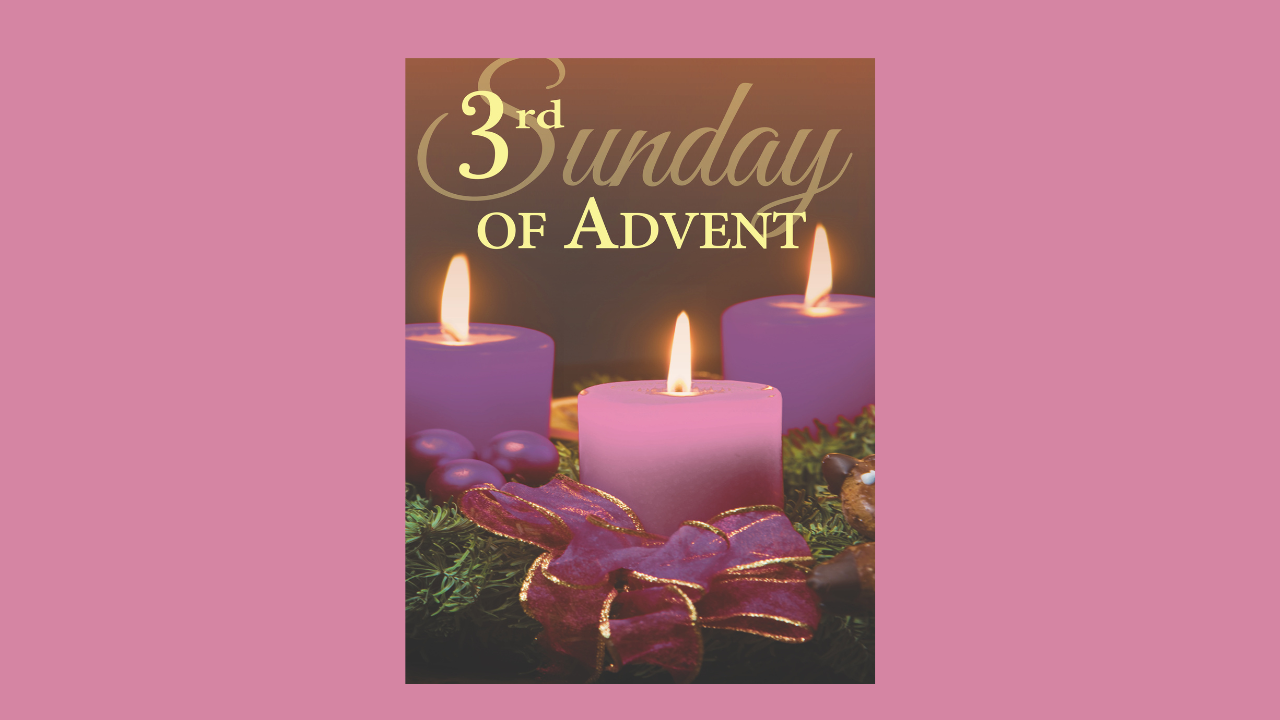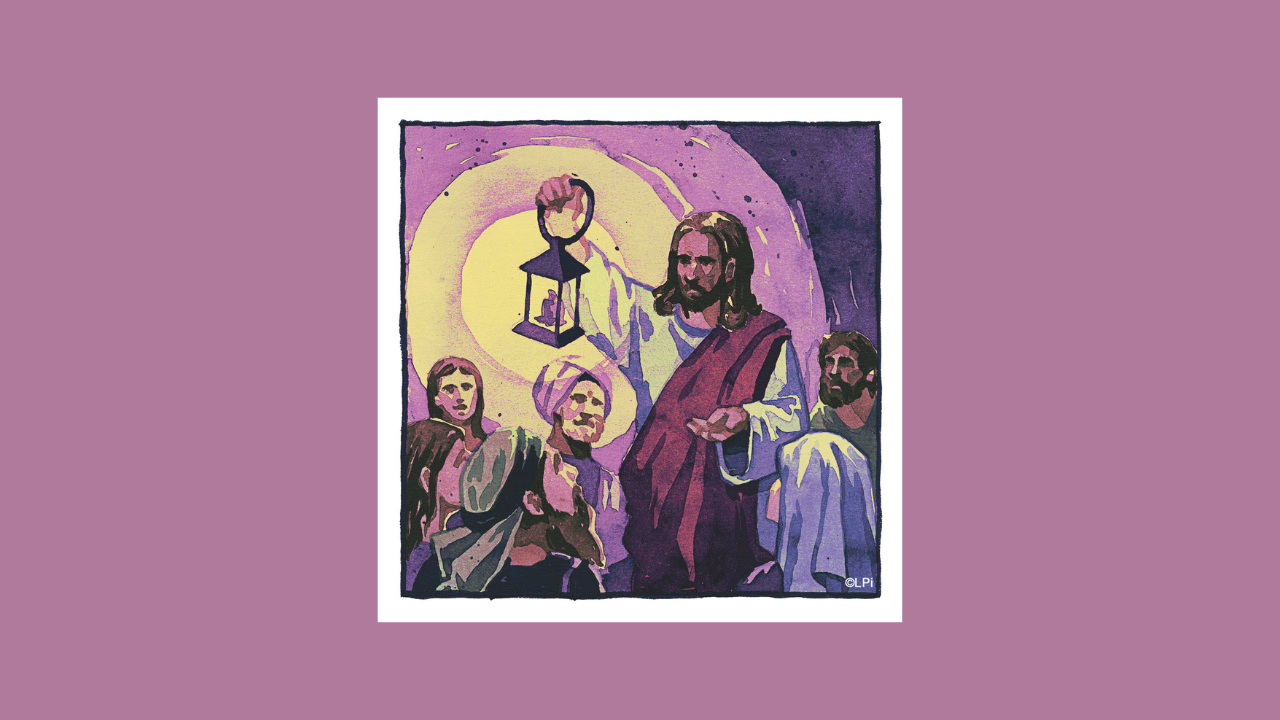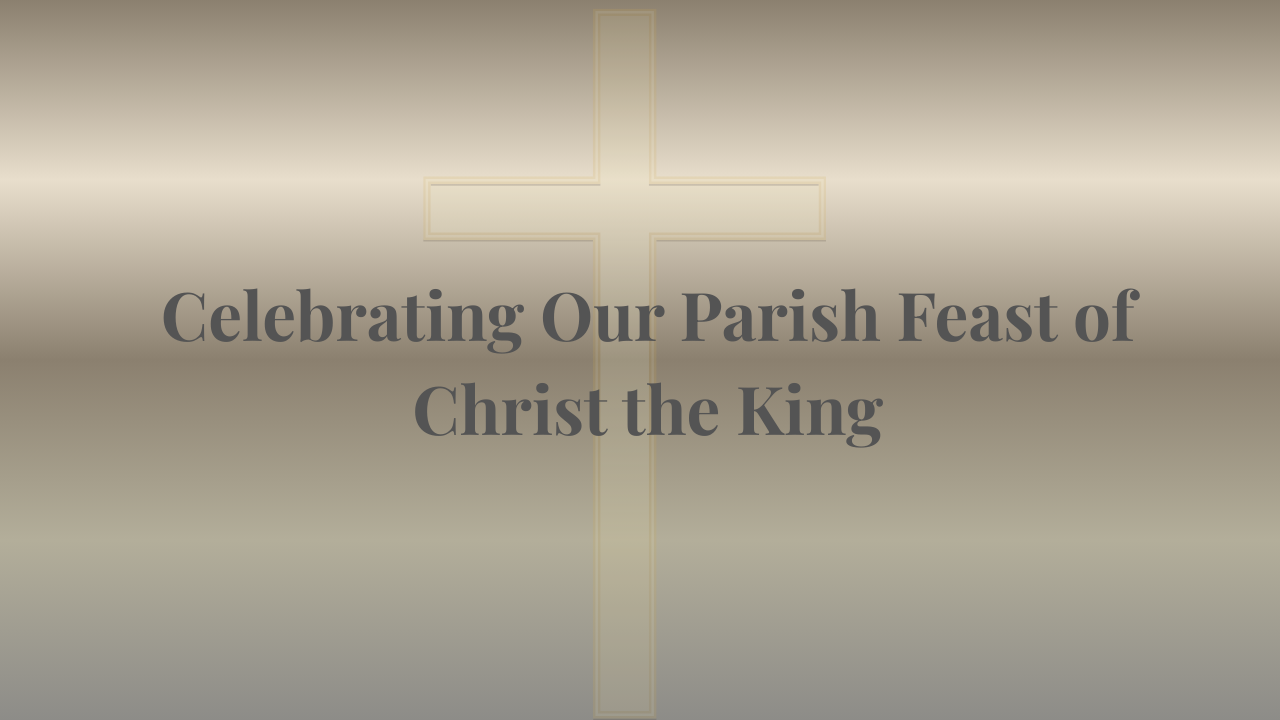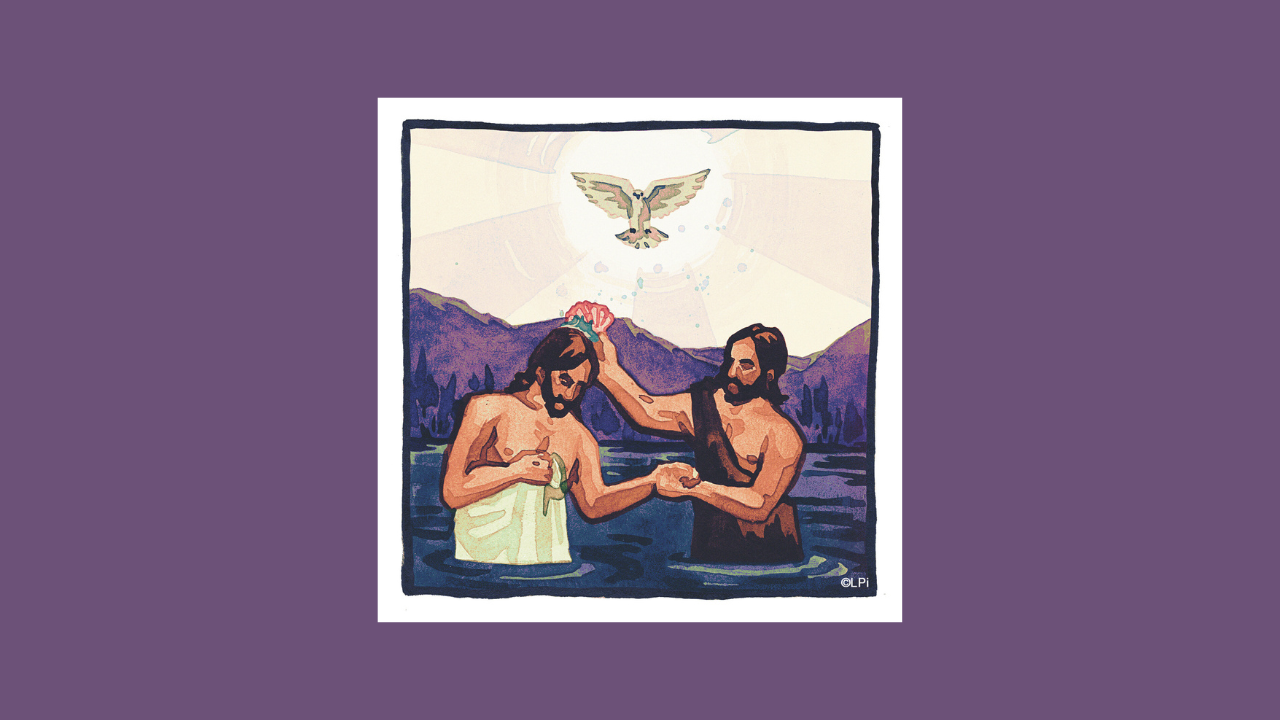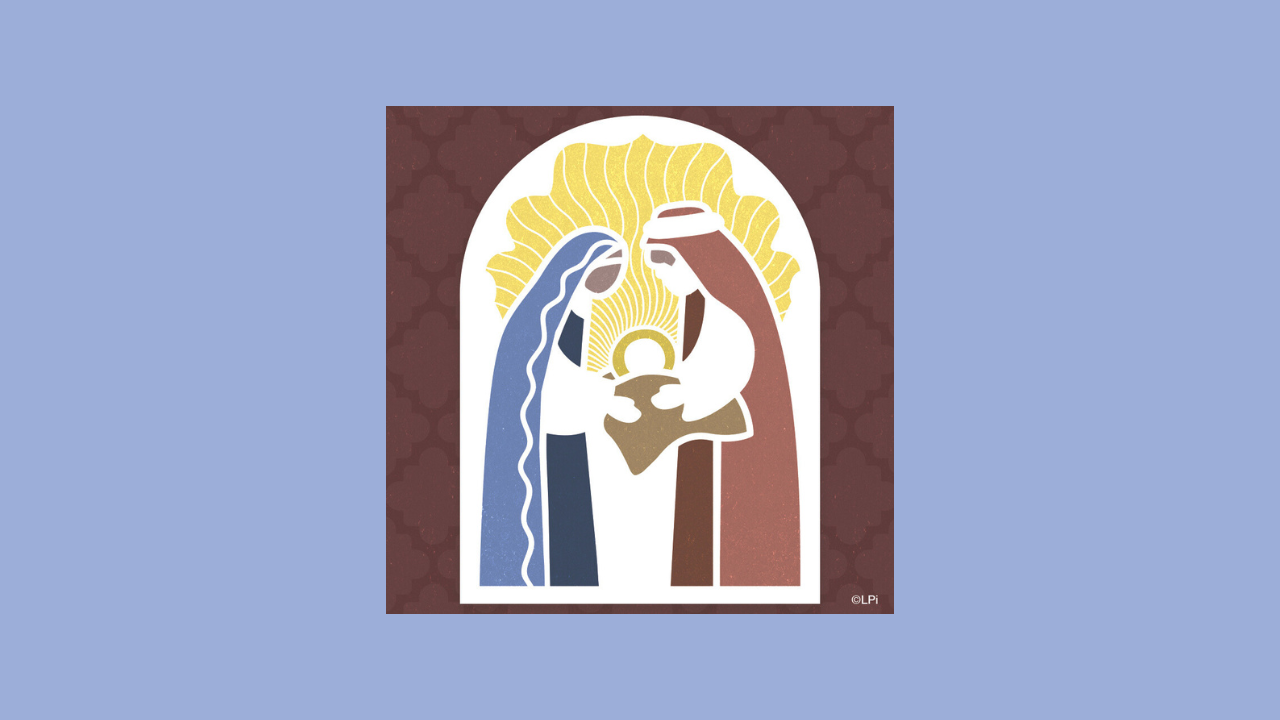"Blessings and Woes" by Fr. Alex McCullough
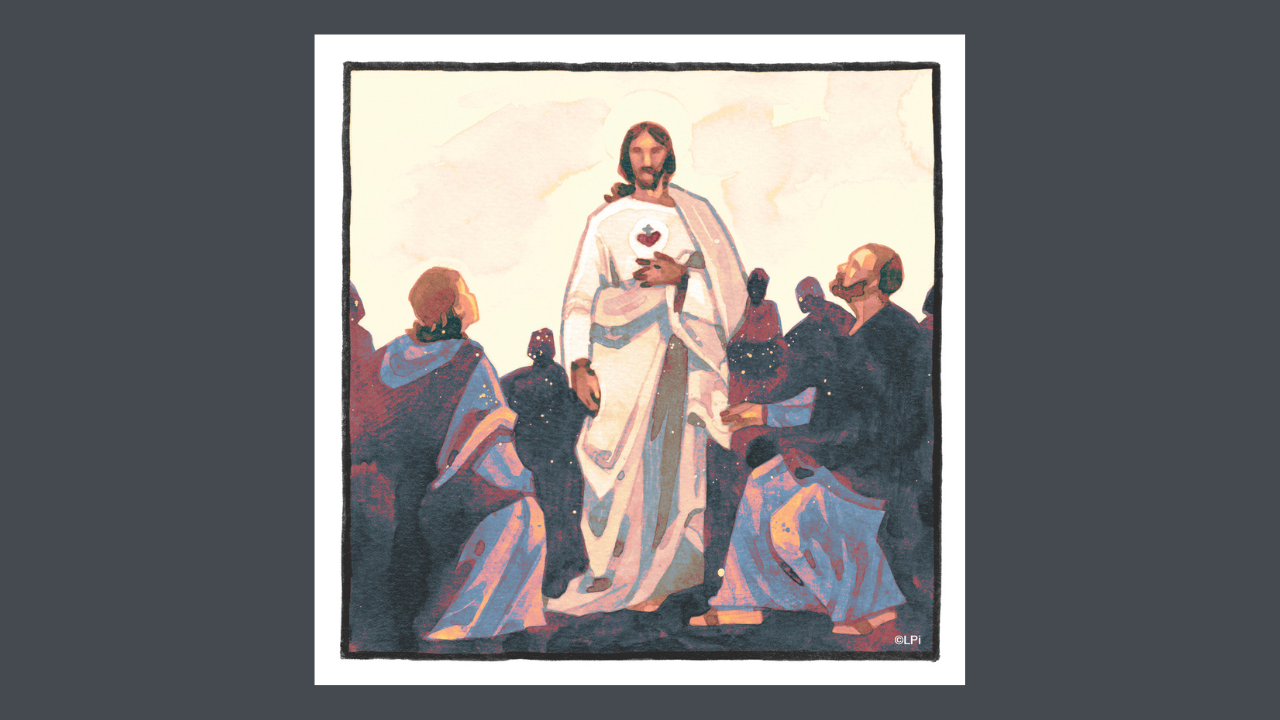
We are all familiar with the Beatitudes. Blessed, blessed, blessed. In the context of the liturgy of the Church, they are drawn from again and again. But these beatitudes we encounter in this weekend’s Gospel seem different. They seem brief. They seem to cut a little deeper. There is a very simple explanation for this: these are not the ones we are used to hearing!
In our Gospel this Sunday, we are given the privilege of hearing from St. Luke’s account of the Beatitudes as opposed to the more familiar ones from St. Matthew’s Gospel. Rather than being placed in the context of the Sermon on the Mount, as in St. Matthew’s Gospel, Luke sets this discussion of the Beatitudes within the context of the Sermon on the Plain. If we were to map out a chronology of Jesus’ ministry according to all four Gospels, the Sermon on the Plain would appear to be earlier than the Sermon on the Mount. The Sermon on the Mount took place alongside the Feeding of the 5000, but in Luke’s Gospel, the Sermon on the Plain is much earlier in the timeline of Jesus’ ministry.
That is probably enough worrying about the timelines of these two Gospels. Instead, let us turn our attention to the truths Jesus reveals to us in our Gospel reading. In Luke’s account of the Beatitudes, we first encounter the same phrase of “blessed are…” However, we are soon turned over to a new proclamation: “woe to you.” For those of us who, at one point or another, find ourselves with a touch of cynicism, it is a bit of a welcome refresher from what we normally associate with Jesus. For some, the “woes” make us uncomfortable–many times throughout my life, I would prefer to be the things Jesus warns us about. It would be nice to have some money in the bank, to not worry about our bare necessities, to always be in a good mood, and to be well-liked by others. Certainly, we have all experienced a touch of this desire.
While it is indeed prudent for us to have a healthy concern for these earthly things, we must look a little beneath the surface. Whatever we desire in this life, we are called first to recognize God’s handiwork and providence. When we lose sight of God, our creator and our redeemer, when we decide to place our desires in mere shadows compared to the Lord of life, we risk giving up the greatest gift of this life–eternal life with God. If we allow ourselves to choose the things, the created things, of this world over the very creator, something less than God rather than God Himself, we have fallen into the trap the evil one desires in which to ensnare us. We worship something other than God.
These “woes” which Jesus gives us serve not to inform us of the vast punishments which await us when we fall. We know we have a God who seeks to extend His mercy to us. Rather, the “woes” serve to warn us of the dangers in which we put ourselves when we choose to separate ourselves from God.
Blessed are we who seek above all else to be in union with God.
Warm Welcomes
Please join me in giving a warm welcome to Fr. Zach Samples, currently the Parochial Vicar at St. Agnes. Fr. Zach has graciously offered his assistance over the next two months while Fr. Chris is on sabbatical. On most weekends, he will rotate in as the celebrant at one of the Masses as well as hearing Confessions and celebrating Mass on most Thursday mornings. This will be a great help for me in taking a little off my plate and allowing me to have a day off through the week. Fr. Zach and I go way back to our days as students at EIU in Charleston before either of us was in seminary. Thank you for your assistance, Fr. Zach!
Father Alex McCullough
